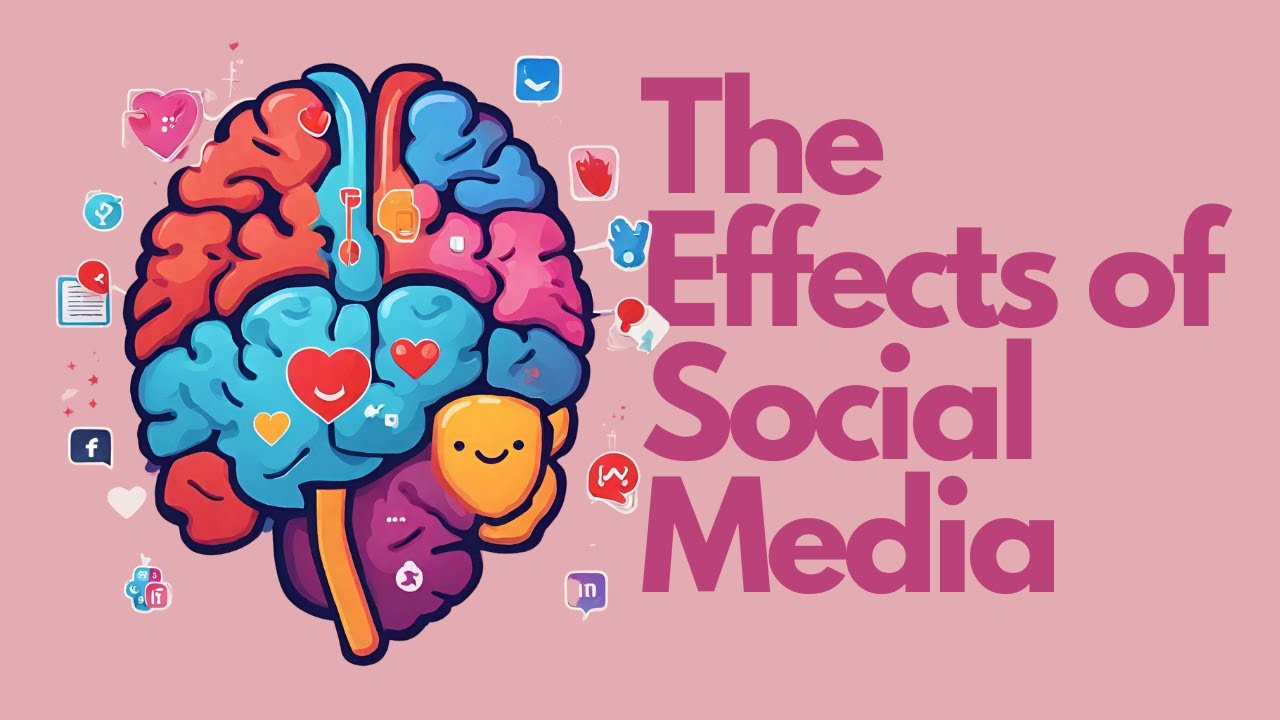Technology, The best or worst thing for education | Scott Widman | TEDxYouth@BSPR
Summary
TLDRThe video script explores the dual nature of technology in the classroom, highlighting both its potential as an educational tool and its pitfalls, such as distractions and cyberbullying. The speaker, a middle school teacher, acknowledges the challenges of integrating technology and emphasizes the importance of digital literacy for Generation Z, who are digital natives. The key message is that educators have a responsibility to guide students in using technology responsibly, preparing them for the digital world beyond the classroom.
Takeaways
- 🤔 The debate on whether technology in the classroom is beneficial or harmful is ongoing and inconclusive.
- 👍 Technology can be a valuable tool for students, enhancing their research and learning capabilities.
- 👎 Technology can also be a distraction, with potential for misuse such as cheating or engaging in unrelated activities during class.
- 🔍 The speaker's personal experience with middle school students shows mixed outcomes when using technology in the classroom.
- 🌐 Searching for answers online has not provided a clear consensus, indicating the complexity of the issue.
- ⚠️ Technology poses risks such as cyberbullying and academic dishonesty, and can mimic addictive behaviors.
- 📚 Technology offers vast educational resources, making information readily accessible to students.
- 🚀 Technology is not a passing trend; its presence and influence are increasing rapidly.
- 👶 Generation Z, being digital natives, has never known a world without technology, making it an integral part of their environment.
- 💡 The key is not to ban technology due to its negative aspects but to educate students on its responsible use.
- 📘 Educators have a responsibility to prepare students for the digital world, including developing digital literacy and critical thinking skills.
Q & A
What is the speaker's initial stance on technology in the classroom?
-The speaker is unsure whether technology in the classroom is beneficial or harmful to students, as they have observed both positive and negative outcomes.
What is an example of a positive use of technology in the classroom mentioned in the script?
-Students using cellphones to research with multiple tabs open, cross-referencing sources, and citing information simultaneously.
What is an example of a negative use of technology in the classroom mentioned in the script?
-Students streaming Netflix or using TikTok during class, which distracts them from learning.
What was the speaker's approach to finding a definitive answer about technology in education?
-The speaker attempted to find an answer by googling 'technology in education' but found that the results were inconclusive and only added to the debate.
What are the three things we know to be true about technology in relation to students according to the script?
-Technology can be dangerous, it can be infinitely valuable, and it isn't slowing down.
How does the speaker describe the potential risks of technology in the classroom?
-The speaker mentions risks such as cyberbullying, academic dishonesty, and the potential for technology to mimic addiction symptoms.
What is the speaker's view on the value of technology in advancing student learning?
-The speaker believes technology can advance student learning in ways that teachers or schools alone cannot replicate, providing a vast reservoir of information.
Why does the speaker argue that technology is not a fad and is here to stay?
-The speaker states that technology is not a passing trend like bottle flipping; it has an enduring presence and is integral to the lives of students.
What term is used to describe students who have grown up with technology, and what does it imply?
-The term 'digital natives' is used to describe students who have never experienced the world without the internet, cell phones, and constant access to information.
What does the speaker suggest is the responsibility of educators regarding technology in the classroom?
-The speaker suggests that educators have a responsibility to prepare students for the challenges of being digital natives by providing opportunities to develop digital literacy skills.
Why does the speaker believe that the question of whether technology is beneficial or harmful is the wrong question to ask?
-The speaker believes this question is misguided because it's not about the inherent nature of technology but about how educators can utilize it responsibly to prepare students for the digital world.
Outlines

Cette section est réservée aux utilisateurs payants. Améliorez votre compte pour accéder à cette section.
Améliorer maintenantMindmap

Cette section est réservée aux utilisateurs payants. Améliorez votre compte pour accéder à cette section.
Améliorer maintenantKeywords

Cette section est réservée aux utilisateurs payants. Améliorez votre compte pour accéder à cette section.
Améliorer maintenantHighlights

Cette section est réservée aux utilisateurs payants. Améliorez votre compte pour accéder à cette section.
Améliorer maintenantTranscripts

Cette section est réservée aux utilisateurs payants. Améliorez votre compte pour accéder à cette section.
Améliorer maintenantVoir Plus de Vidéos Connexes

The Psychological Effects of Social Media: A Deep Dive

Technology as a Way of Revealing | Science, Technology and Society | NGEC 7 | Errol Karl Gumagay

Martin Heidegger: The Question Concerning Technology Presentation

Geospatial Revolution / Episode Three

Benefits and Issues of Information Technology

DAMPAK SOSIAL INFORMATIKA | INFORMATIKA KELAS 7
5.0 / 5 (0 votes)
